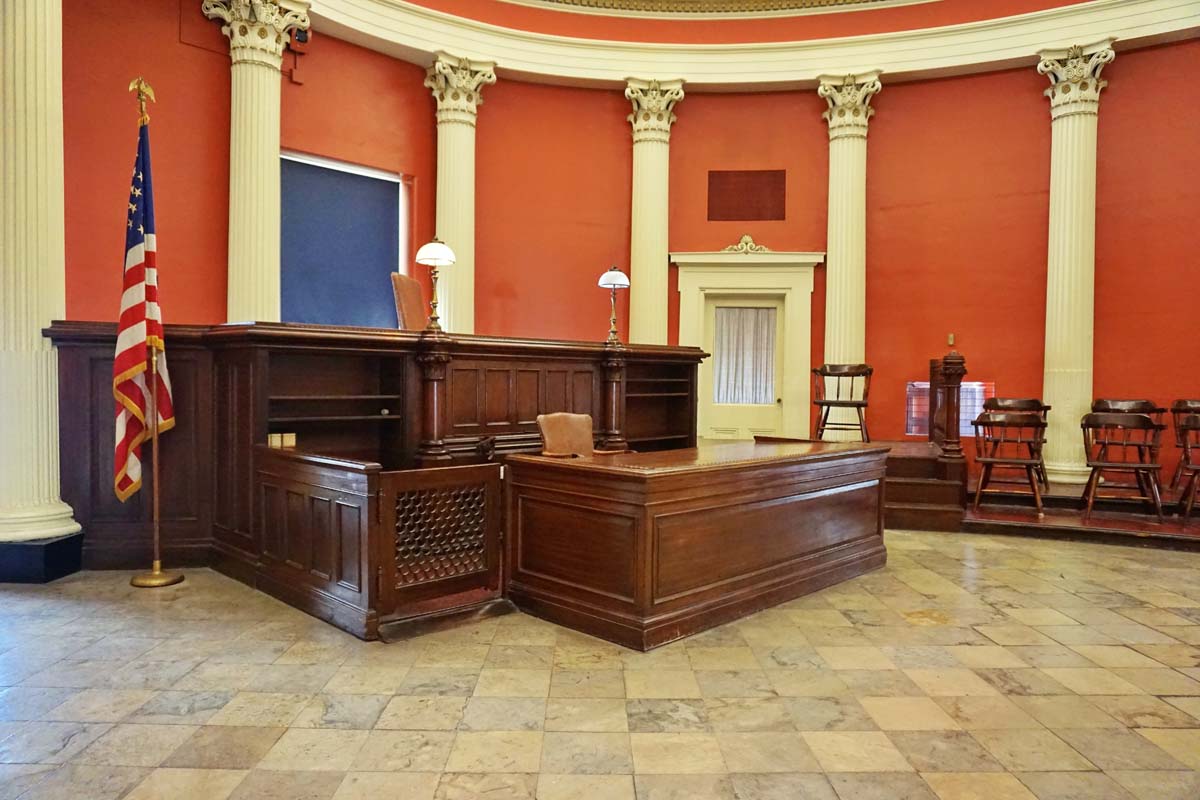
403
Sorry!!
Error! We're sorry, but the page you were looking for doesn't exist.
Supreme Court Allows Revoking Migrants' Temporary Status
(MENAFN) The United States Supreme Court determined on Friday that the Trump administration holds the authority to withdraw the provisional legal status of over 500,000 migrants from Cuba, Haiti, Nicaragua, and Venezuela.
This temporary authorization, initially extended to around 532,000 individuals from those nations during the Biden administration starting in 2022, permitted them to reside and work lawfully in the U.S. for a limited period.
The initiative, formally known as CHNV, short for Cuban, Haitian, Nicaraguan, and Venezuelan parole program, was partly launched to manage the increasing influx of migrants at the U.S.-Mexico border.
Under the plan, individuals who successfully passed a security screening could legally enter and remain in the United States for up to two years, provided they had a sponsor offering accommodation.
However, the Supreme Court overturned a previous ruling from a lower court that had maintained those humanitarian parole protections.
In a related case, the court also allowed federal authorities to end the temporary residency of an additional 350,000 Venezuelans.
Originally, U.S. District Judge Indira Talwani of Massachusetts ruled that the Trump administration could not universally cancel individuals’ status without evaluating each case on its own merits.
But the Supreme Court disagreed. While Friday’s decision does not constitute a definitive judgment, it signifies that the safeguards for over half a million migrants from the four nations will not continue during the ongoing legal battle.
This temporary authorization, initially extended to around 532,000 individuals from those nations during the Biden administration starting in 2022, permitted them to reside and work lawfully in the U.S. for a limited period.
The initiative, formally known as CHNV, short for Cuban, Haitian, Nicaraguan, and Venezuelan parole program, was partly launched to manage the increasing influx of migrants at the U.S.-Mexico border.
Under the plan, individuals who successfully passed a security screening could legally enter and remain in the United States for up to two years, provided they had a sponsor offering accommodation.
However, the Supreme Court overturned a previous ruling from a lower court that had maintained those humanitarian parole protections.
In a related case, the court also allowed federal authorities to end the temporary residency of an additional 350,000 Venezuelans.
Originally, U.S. District Judge Indira Talwani of Massachusetts ruled that the Trump administration could not universally cancel individuals’ status without evaluating each case on its own merits.
But the Supreme Court disagreed. While Friday’s decision does not constitute a definitive judgment, it signifies that the safeguards for over half a million migrants from the four nations will not continue during the ongoing legal battle.

Legal Disclaimer:
MENAFN provides the
information “as is” without warranty of any kind. We do not accept
any responsibility or liability for the accuracy, content, images,
videos, licenses, completeness, legality, or reliability of the information
contained in this article. If you have any complaints or copyright
issues related to this article, kindly contact the provider above.


















Comments
No comment